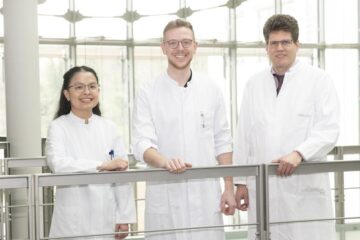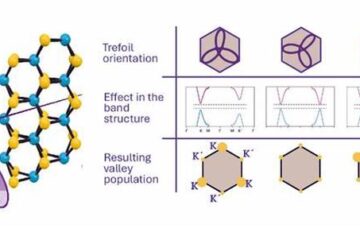Educating the Ecucators

The European project mascil and the DZLM are hosting a conference on the topic of educating the educators. This international conference will connect researchers and practitioners engaged in the field of maths and science education in order to discuss concepts of scaling-up teacher professional development.
The event is mainly geared towards teacher educators, the educators of these persons as well as multipliers, institutions engaged in teacher professional development, educational policy makers and researchers. The conference will serve as a lever and platform for international exchange about concepts and experiences concerning such questions as:
What are the features of successful concepts of professional development for teachers? What are the needs and experiences of the different target groups? Which pitfalls have to be avoided? Key to scaling-up concepts – and core to this conference – will be the education, professional development and support of multipliers.
Teachers are the key factor in ensuring the achievement of learning outcomes in mathe-matics and science education that foster pupils’ competences and literacy in maths and science. Teachers also foster young people being interested in – and capable of – pursuing careers in these fields and help their students become responsible professionals and active citizens.
The professional development of those teaching maths and science is key to ensuring such achievements. Research on the professional development of teachers (in maths and science education) is a dynamic and growing field. Scaling-up the professional development of teachers (and teacher educators) in maths and science is also receiving increased public attention, policy support and institutionalisation. In recent years for example, an increasing number of specialised centres that support the professional development of educators and teacher educators in maths and science has been set up across Europe.
Mascil stands for ‘Mathematics and science for life’. Mascil is an international project within the Seventh Framework Program of the European Union. Eighteen higher education institutions from thirteen different countries are working together to promote a widespread use of inquiry-based teaching and learning in primary and secondary school science and mathematics classrooms.
In addition, a key mascil focus is connecting mathematics and science education to the world of work. To realize this mascil follows a holistic approach by carrying out a variety of activities, including the development of materials and running professional development courses.
The DZLM – German Centre for Mathematics Teacher Education supports engaged educa¬tors in fostering understanding of, and raising enthusiasm for, mathematics. In doing so, the DZLM places great emphasis on the professional development of multipliers. The DZLM also provides professional development courses that target specific types of teachers, e.g. mathematics or pre-school teachers. The DZLM is an initiative of the Deutsche Telekom Foundation .
Information & registration: http://educating-the-educators.ph-freiburg.de
Date, time and location of the conference: 15-16 December 2014/ University of Duisburg-Essen, Campus Essen, Germany
Weitere Informationen:
http://www.mascil-project.eu
http://www.dzlm.de
http://www.telekom-stiftung.de
Media Contact
All latest news from the category: Event News
Newest articles

Simplified diagnosis of rare eye diseases
Uveitis experts provide an overview of an underestimated imaging technique. Uveitis is a rare inflammatory eye disease. Posterior and panuveitis in particular are associated with a poor prognosis and a…

Targeted use of enfortumab vedotin for the treatment of advanced urothelial carcinoma
New study identifies NECTIN4 amplification as a promising biomarker – Under the leadership of PD Dr. Niklas Klümper, Assistant Physician at the Department of Urology at the University Hospital Bonn…

A novel universal light-based technique
…to control valley polarization in bulk materials. An international team of researchers reports in Nature a new method that achieves valley polarization in centrosymmetric bulk materials in a non-material-specific way…





















